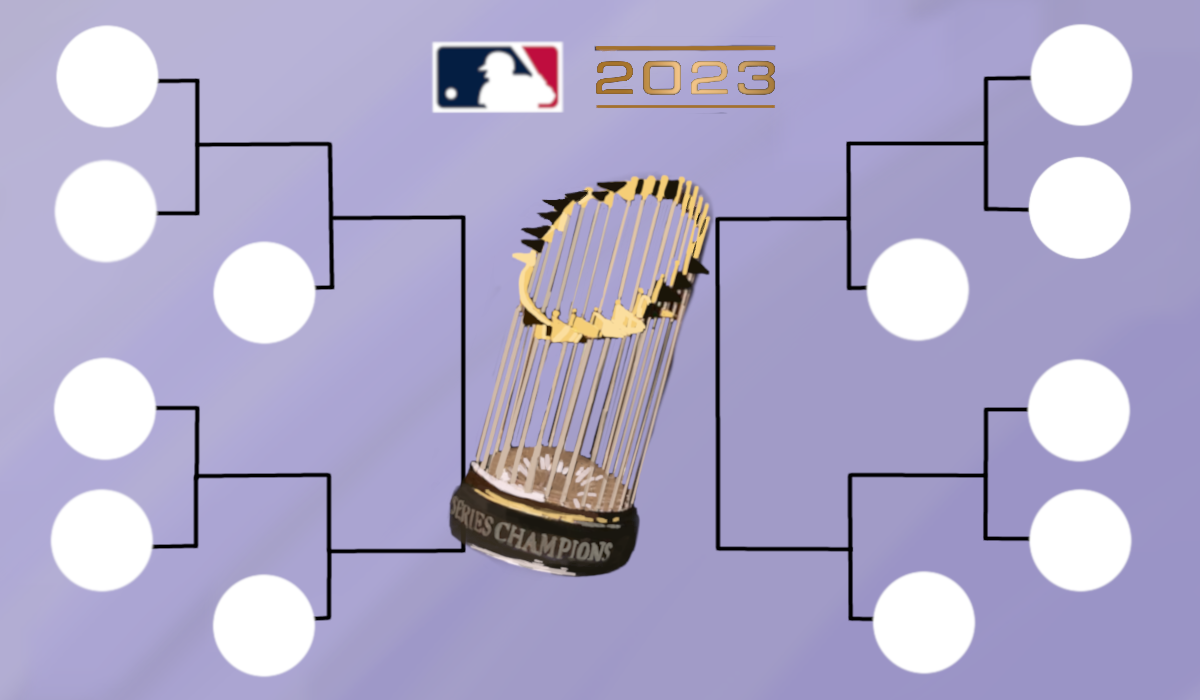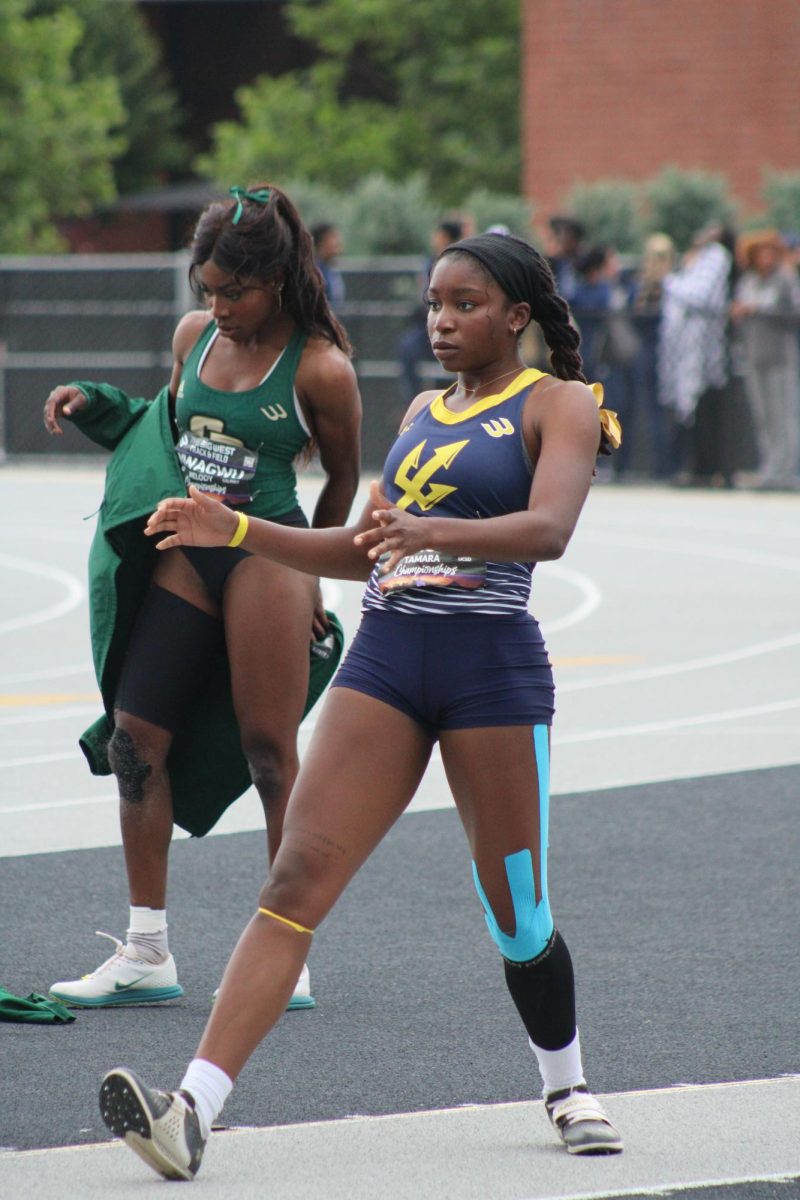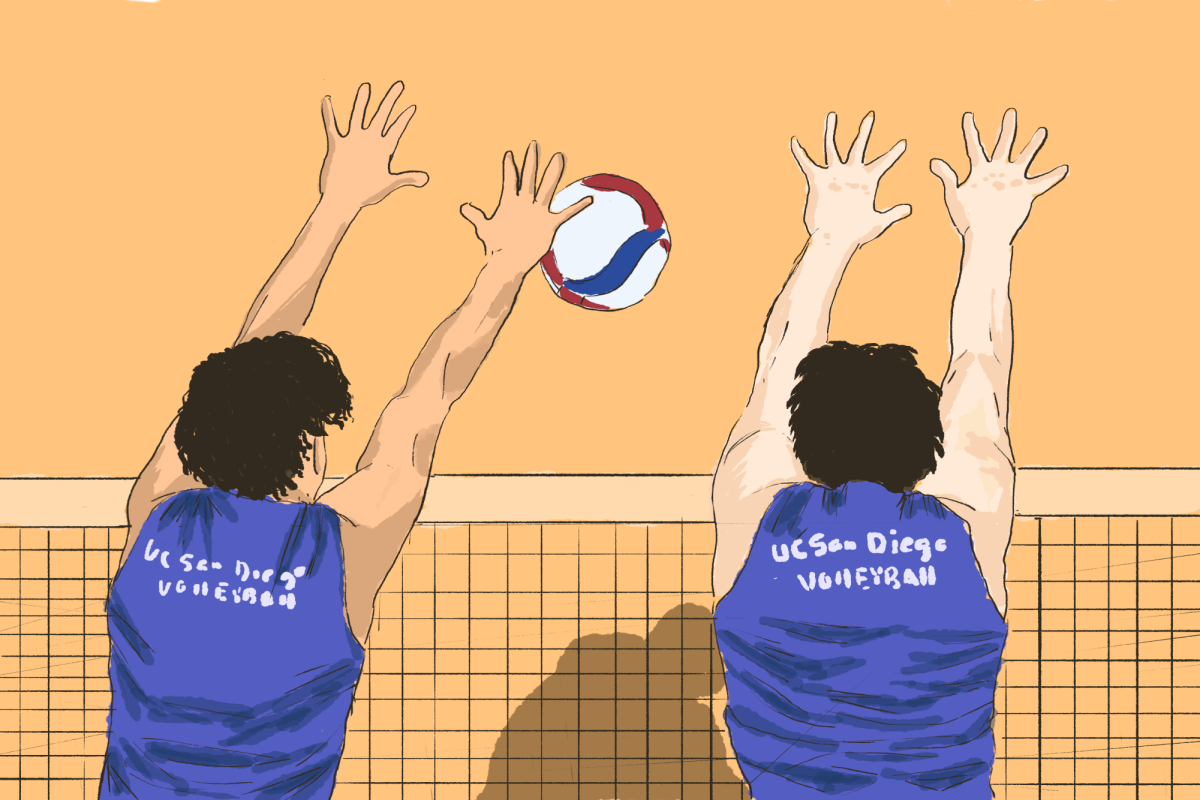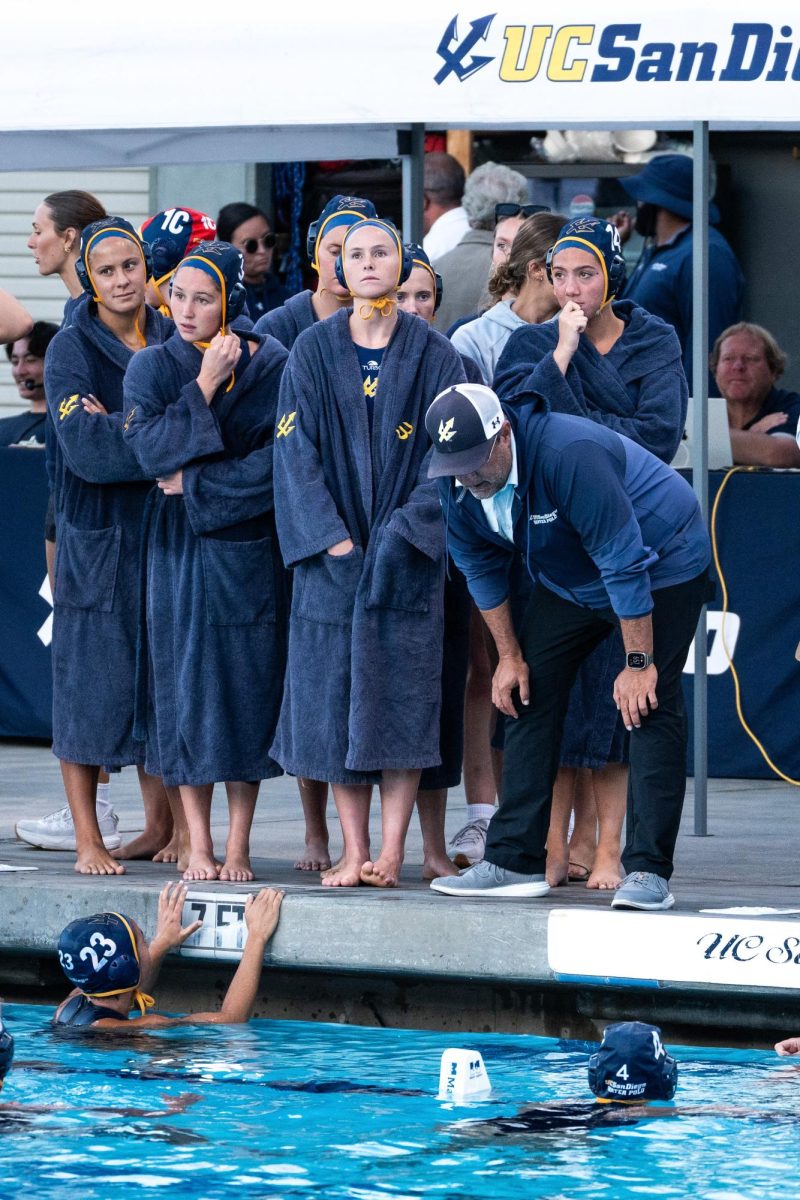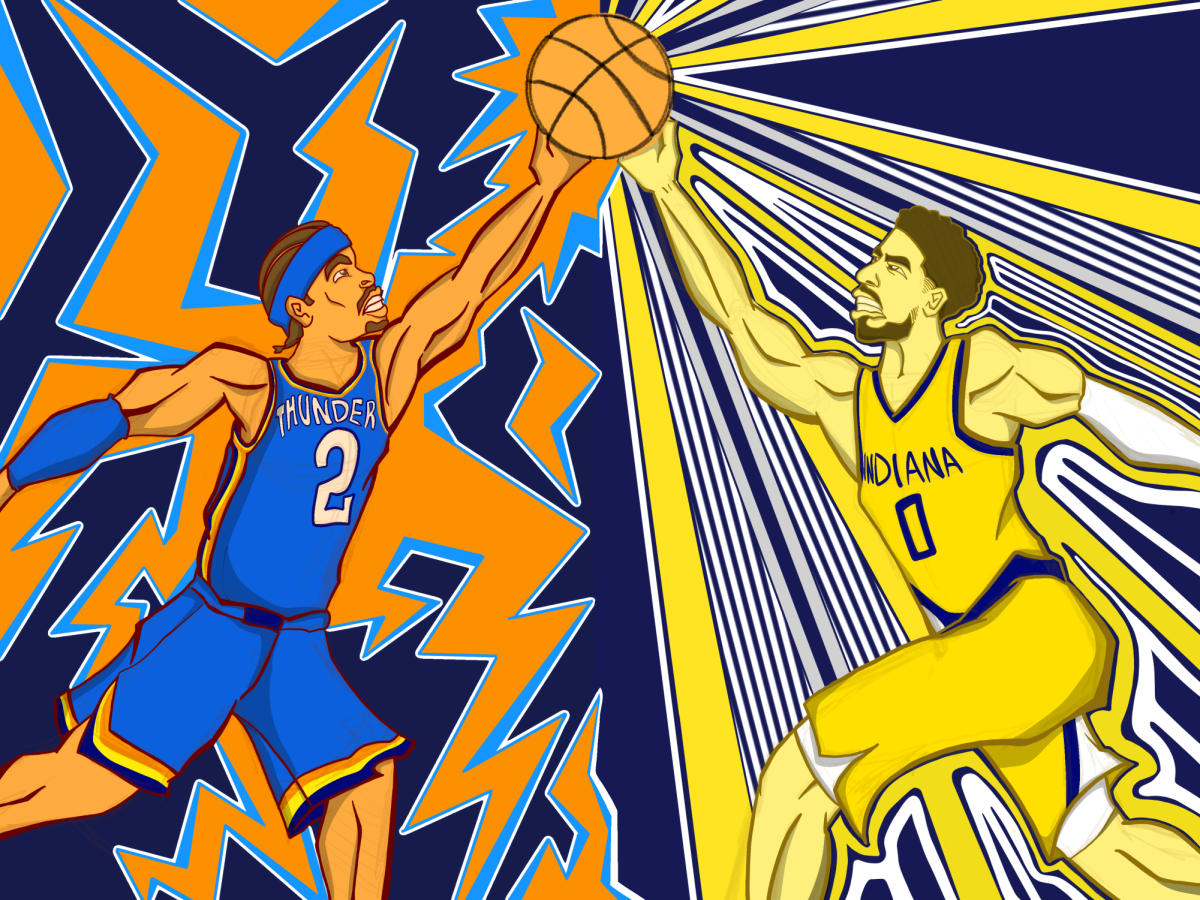For the first time in MLB history, the ALCS and NLCS will consist of four teams who finished the regular season with 90 wins or less. The Divisional Series was one for the ages: the Los Angeles Dodgers were humiliated by an inferior division rival in their annual postseason snafu, the first seed Baltimore Orioles were swept by the Texas Rangers, and the Atlanta Braves forgot how to play baseball entirely. Welcome to October, where overwhelming World Series favorites are dwarfed by unsuspecting dark horses.
In the City of Angels, the 100-win Dodgers won the NL West by an overwhelming 16-game margin, including an 8-5 record over the Arizona Diamondbacks, and achieved the best home record in the MLB. Yet, in their home postseason opener, Clayton Kershaw allowed six runs on six hits in 0.1 innings pitched. The Dodgers lost 11-2 in Game 1 and 4-2 in Games 2 and 3.
In the Peach State, the World Series favorite Braves hosted the #4 seed Philadelphia Phillies in a rematch of last year’s NLDS. The Braves finished the regular season with an MLB best 104 wins, 307 home runs, and 916 RBIs. In Game 1, however, Atlanta was shut out at home for the first time all year. The Braves recorded just 9 hits and 5 runs in their two home games combined. Atlanta then lost both games in Philadelphia, scoring just 3 total runs in Games 3 and 4, while their pitching staff allowed 13 runs, 9 of which were by way of the long ball. The Braves led the league in team batting average (.276) in the regular season, yet ranked third worst (.196) in the postseason.
With teams like the Braves, Dodgers, and Orioles losing in the first round, baseball fans have surmised that the first-round bye is a disadvantage. Here’s why they’re wrong:
Let’s take a look at the Houston Astros, who have had sustainable success as a top seeded team, making the ALCS each of the last seven years. Houston was the #1 seed last season, and, well, they won the World Series. The Astros swept the Mariners in the Divisional Series, swept the Yankees in the Championship Series, and beat the Phillies 4-2 in the World Series despite losing Game 1 at home.
But maybe the Astros are an anomaly, right?
In 2020, the Dodgers and Rays played in the World Series, and both teams were the #1 seed for their respective leagues. The Dodgers had home field advantage and won the series.
In theory, 162 games should be a sufficient sample size to determine a team’s identity, and a few rest days at the end of the year should not nullify that. In reality, some teams have psychological ownership over each other, some have patterns of failure, and others don’t match-up well against each other.
Clayton Kershaw, a future Hall of Famer, is 13-13 with a 4.49 ERA in the postseason. In the regular season, he is 210-92 with a 2.48 ERA. In the World Series, Kershaw is 3-2 in seven appearances with a 4.46 ERA, so it’s not about the Dodgers’ seed or the extended time off that influences his ability to pitch.
In the American League, it was inexperience that plagued the top seed Orioles. In Game 1, Gunnar Henderson was thrown out stealing second base in a one-run game. It was later revealed that Aaron Hicks, the hitter at the plate when Henderson stole second, missed a “hit-and-run” sign, costing Baltimore the game. In Game 2, the Orioles trailed 9-2 after three innings and would go on to lose 11-8. Texas led 6-0 after two innings in Game 3, and the Orioles were eliminated. Rangers manager Bruce Bochy’s postseason maturity headlined this series, as the veteran Rangers dismantled a promising Orioles team that just wasn’t ready for the postseason spotlight. Had the Rangers been the #1 seed and the Orioles #5, the result would have been entirely the same.
As for the Braves, they fall under the psychological ownership category. Despite home field advantage as the higher seed, Atlanta has now lost to Philadelphia in consecutive years. Some of Philadelphia’s postseason triumphs can be attributed to their success at the end of the regular season, as teams who finish the year with momentum typically start hot in October, but the Phillies also have a home field advantage like no other. Citizens Bank Park has been a house of horrors for the Braves, and may be the hardest place to play in the entire MLB.
Atlanta hasn’t won a playoff game at Citizens Bank Park since 1993, and they didn’t help their chances when Orlando Arcia provoked Bryce Harper after a baserunning error to end Game 2. Harper hit two moonshot home runs in Game 3 and stared directly at the Braves’ shortstop each time he rounded second base. Ultimately, superstars earn their money in October, and Bryce Harper, Nick Castellanos, and Trea Turner proved they are worth a combined $730,000,000.
While continued play may be beneficial for teams like Philadelphia, it would be foolish to argue that additional play is superior to a bye. For one, teams who play in the Wild Card have to use additional pitching. In the Phillies’ case, they had to use aces Zack Wheeler and Aaron Nola against the Marlins, while the Braves could rest their pitching staff.
Any series is a risk. If a franchise could choose a bye or to play in the Wild Card series, they would take the bye without hesitation. After all, anything can happen in baseball.



